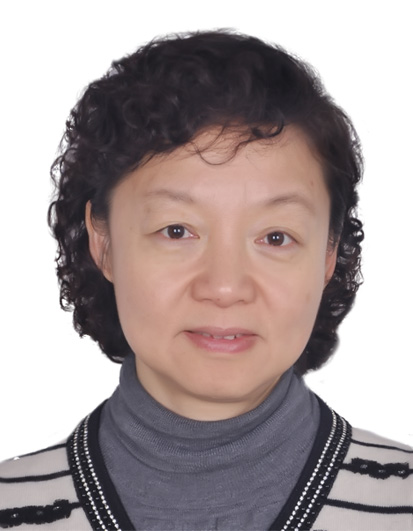Cited By
View all- Zhou MZhang YTan XSpinellis DConstantinou EBacchelli A(2024)Open Source Software Digital SociologyProceedings of the 21st International Conference on Mining Software Repositories10.1145/3643991.3649105(743-744)Online publication date: 15-Apr-2024
- Foundjem AEghan EAdams B(2023)A Grounded Theory of Cross-Community SECOs: Feedback Diversity Versus SynchronizationIEEE Transactions on Software Engineering10.1109/TSE.2023.331387549:10(4731-4750)Online publication date: 18-Sep-2023
- Tan XZhou M(2022)Scaling Open Source Software Communities: Challenges and Practices of DecentralizationIEEE Software10.1109/MS.2020.302595939:1(70-75)Online publication date: 1-Jan-2022
- Show More Cited By


